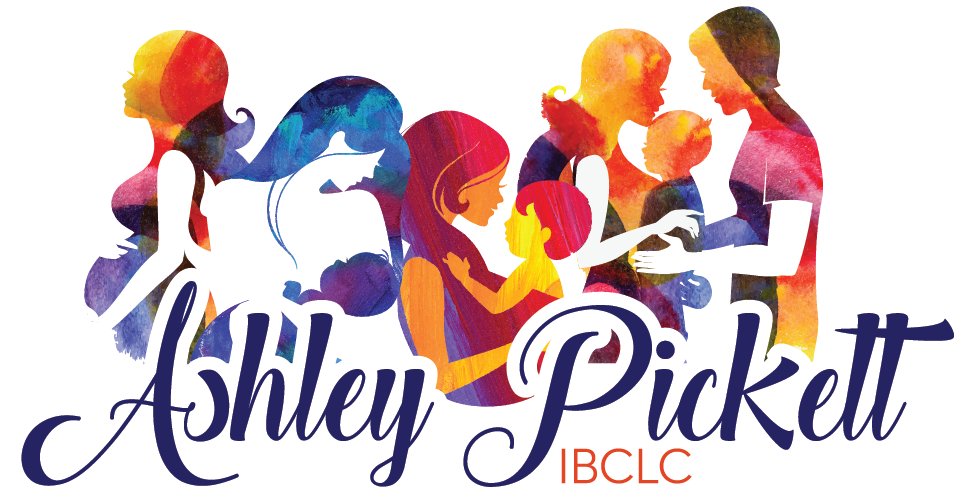Can Babies Really Self-Soothe? Exploring the Benefits of Co-Regulation
Understanding Your Baby’s Need for Co-Regulation
Here’s a little-known fact: babies can’t self-soothe for quite some time. This might seem surprising in a culture that expects infants to be independent, sleep alone, and handle stress without much help. But the reality is that your baby’s brain is still developing and isn’t equipped for self-soothing in the early years.
What is Co-Regulation?
Co-regulation is the process where an adult helps a baby manage their stress and emotions. Infants often become overwhelmed and need external support to calm down. For instance, when a baby cries or a toddler has a tantrum, they struggle to regulate their stress on their own. They rely on the soothing presence of a caregiver to help them find calm.
Why Co-Regulation Matters
Babies are born with basic reflexes and instincts, but their ability to manage emotions, behaviors, and stress develops gradually. This means that in the early years, they look to their caregivers to help regulate these aspects. Co-regulation involves providing comfort, soothing, and stability to help them feel secure and manage their emotions. Just as we provide food and care for their physical needs, we also support them emotionally.
Debunking the Self-Soothe Myth
Many parenting resources suggest that babies should learn to self-soothe from a young age, but this can be misleading. Early on, self-regulation and impulse control are not yet developed. The prefrontal cortex, responsible for these higher-order functions, doesn’t fully mature until around age 2 or 3, and even then, it takes time to develop these skills fully.
Different Temperaments, Different Needs
Not all babies are the same. Some might seem to need more comfort and help to fall asleep, while others might require less. This doesn’t mean that one set of parents is doing it right and another is doing it wrong. It simply means that different babies have different needs. Understanding and responding to these needs with patience and flexibility is key.
Parenting with Intuition
Trust your instincts. When your baby cries, pick them up. If they seem scared or need help falling asleep, provide comfort. This instinctual response to soothe and care for your baby is natural and important. Sometimes, despite all efforts, you may find that what worked for one child doesn’t work for another. That’s okay. Each child is unique and may require different strategies.
Managing Your Own Well-Being
Parenting can be exhausting. It’s important to take care of yourself, too. Seek support when needed—whether it’s from family, friends, or professional resources. Taking care of your own needs helps you better support your baby. Consider ways to make your life easier, such as meal prep, support groups, or finding a sleep consultant if necessary.
Final Thoughts
Remember, your baby’s needs are not a reflection of your parenting skills. Each child is different, and what works for one may not work for another. By focusing on understanding and meeting your baby’s needs, you’re fostering a secure and loving environment for them to grow and thrive.
Parenting is a journey, and it’s okay to seek help and adjust as needed. Trust in your instincts and the process, and know that you’re doing a great job just by being there for your baby.
